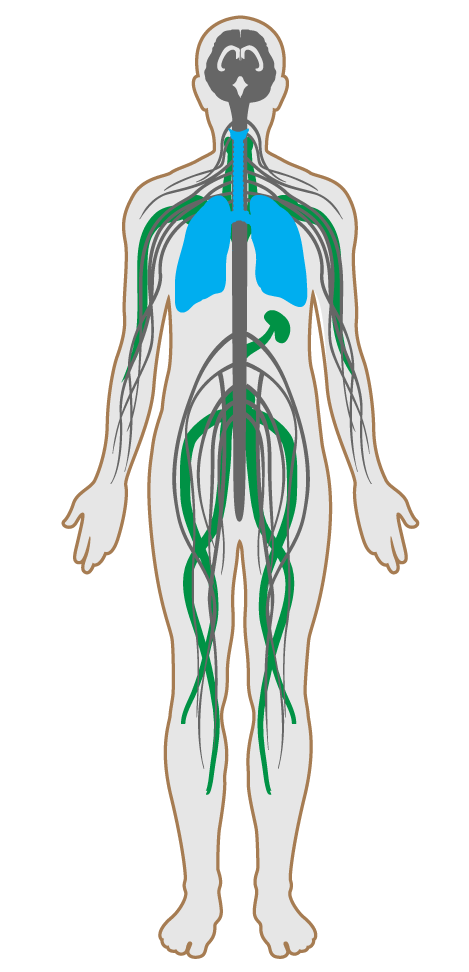Thermal comfort
76. Thermal comfort
Thermal comfort in the body is provided through homeothermy, the balancing of heat gains and losses to maintain the body’s core temperature within its narrow range, 36-38 °C [97-100 °F], and regulated by the hypothalamus. Thermal comfort can affect mood, performance and productivity. However, temperature preferences are highly personal and differ from one individual to another. Balancing the energy requirements of large buildings with the varied occupant preferences can thus be challenging.
This feature uses best practices to ensure a sufficient level of comfort for the majority of occupants. ASHRAE Standard 55 specifies that thermal comfort can be achieved in two ways, either through the Standard Comfort Zone or the Adaptive Comfort Zone.
All spaces in mechanically-ventilated projects meet the design, operating and performance criteria:
All spaces in naturally-ventilated projects meet the following criteria:
The following requirements will be met at all times in the kitchen:

Applicability Matrix
| Core & Shell | New & Existing Buildings | New & Existing Interiors | |
|---|---|---|---|
| Part 1: Ventilated Thermal Environment | P | P | P |
| Part 2: Natural Thermal Adaptation | P | P | P |
| Part 3: Thermal Comfort in the Kitchen | - | - | - |
| Commercial Kitchen | Education | Multifamily Residential | Restaurant | Retail | |
|---|---|---|---|---|---|
| Part 1: Ventilated Thermal Environment | P | P | P | P | P |
| Part 2: Natural Thermal Adaptation | P | P | P | P | P |
| Part 3: Thermal Comfort in the Kitchen | P | - | - | - | - |
Verification Methods Matrix
| Letters of Assurance | Annotated Documents | On-Site Checks | |
|---|---|---|---|
| Part 1: Ventilated Thermal Environment | MEP | Spot Measurement | |
| Part 2: Natural Thermal Adaptation | MEP | Spot Measurement | |
| Part 3: Thermal Comfort in the Kitchen | MEP | Spot Measurement |
| 76.1.a |
ASHRAE Standard 55: Thermal Environmental Conditions for Human Occupancy sets best practices for thermal comfort in buildings. |
| 76.2.a |
ASHRAE Standard 55: Thermal Environmental Conditions for Human Occupancy sets best practices for thermal comfort in buildings. |
